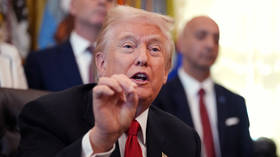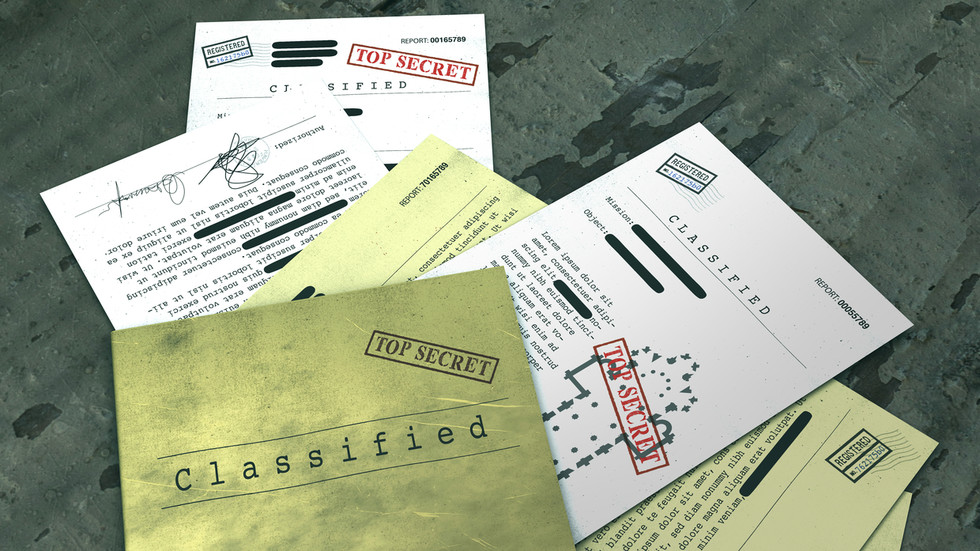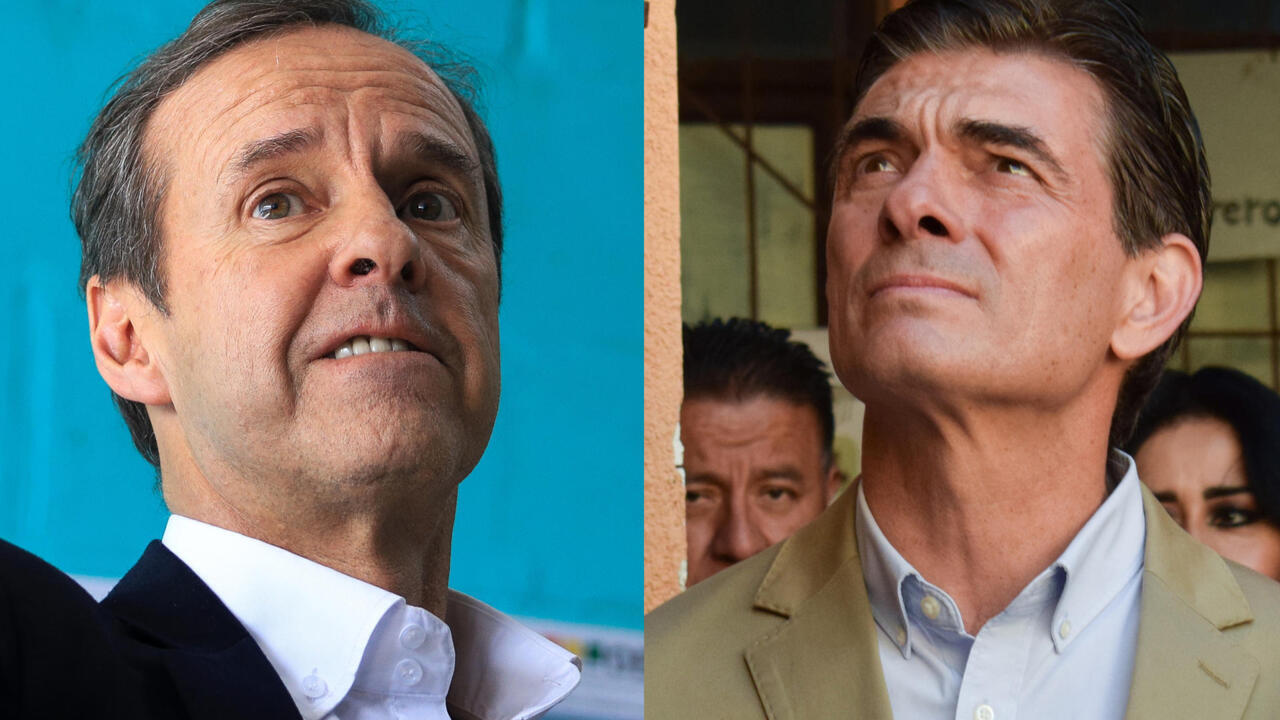The US would have to pay back $2 trillion to foreign partners if the Supreme Court rules against the president’s use of an emergency powers law
US President Donald Trump has claimed that his country faces a “national security catastrophe” if the tariffs he introduced against most trading partners this year are ruled illegal.
Trump launched his tariff drive in April, accusing US partners of creating unfair trade imbalances. He described the tariffs as a “reciprocal” measure to secure better trade terms, invoking the 1977 International Emergency Economic Powers Act (IEEPA) as the legal basis. The act allows the president to regulate or block international trade and financial transactions during a declared national emergency involving foreign threats. However, the move has drawn criticism from lawmakers who warn it could harm the domestic economy.
In late summer, the US Court of Appeals ruled that Trump had exceeded his authority by imposing tariffs under the IEEPA, noting that only Congress can authorize such sweeping measures. The court stopped short of canceling the duties, pending a Supreme Court ruling.
In a post on Truth Social on Monday, Trump warned of dire consequences if the Supreme Court rules against him.
“The actual number we would have to pay back in tariff revenue and investments would be in excess of $2 trillion, and that, in itself, would be a national security catastrophe,” he wrote. Trump did not explain how he reached the $2 trillion figure. US Trade Representative Jamieson Greer earlier told Fox News that Trump’s tariffs have so far generated around $100 billion.
During last week’s oral arguments, Supreme Court justices questioned Trump’s authority to impose tariffs under the IEEPA, which grants the president wide powers to freeze assets, impose sanctions, and restrict commerce but makes no mention of tariffs. Some justices, however, pointed out that the act authorizes the president to regulate imports “by means of licenses or otherwise,” and that the term “licenses,” often involving a fee to import goods, is economically comparable to tariffs. Justice Amy Coney Barrett cautioned that overturning the tariffs “could be a mess” for courts tasked with refunding importers.
It remains unclear when the Supreme Court will issue its decision, but legal analysts expect it by July 2026, the end of the court’s term.

 1 hour ago
1
1 hour ago
1










 English (US) ·
English (US) ·